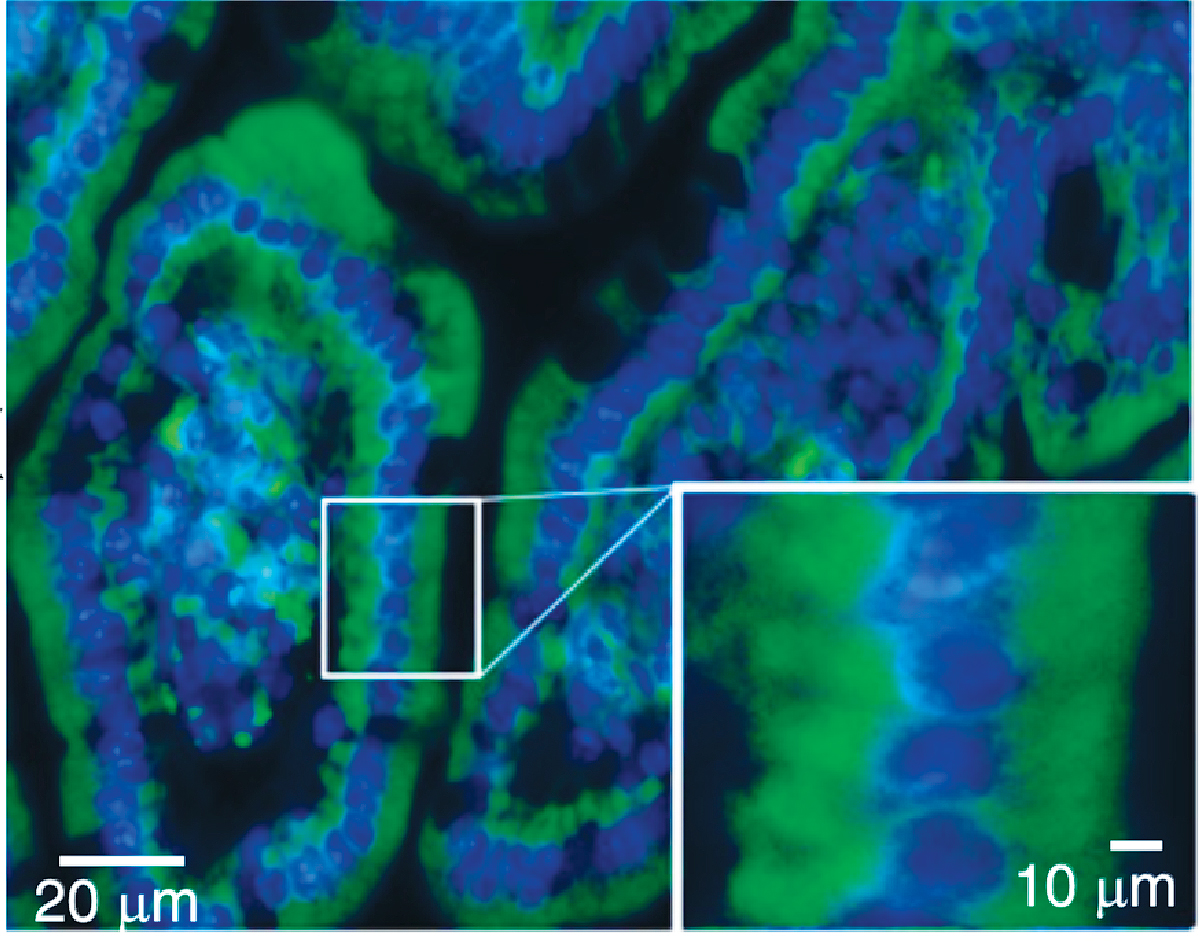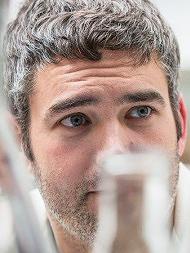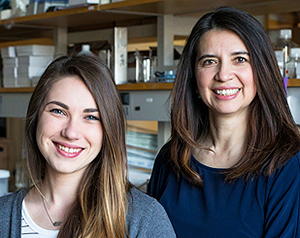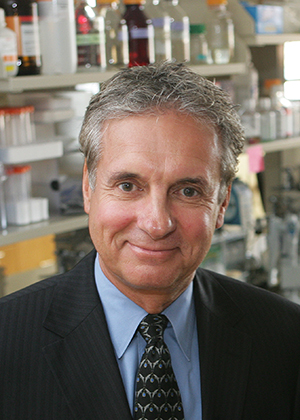Guest
-

Sulfate-Iron Link to Anemia
Sulfate-Iron Link to Anemia Sulfation (the addition of a sulfate group to a molecule) is an important biochemical process that aids in the detoxification of xenobiotic compounds and plays a role in the biosynthesis of a variety of molecules. In mammalian cells, sulfation requires PAPS (3´-phosphoadenosine 5´-phosphosulfate), which donates… Read MoreMar. 27, 2018
-

Voluntary exercise and energy balance
Physical exercise alone generally fails to produce meaningful weight loss in obese individuals, and reduced non-exercise activity has been suggested to explain this observation. Daniel Lark, PhD, and colleagues explored how interactions between exercise (voluntary wheel running) and non-exercise activity (“off-wheel” activity) affect energy balance in mice. The researchers reported in… Read MoreMar. 27, 2018
-

Founders’ Celebration for Institute of Chemical Biology
The Vanderbilt Institute of Chemical Biology (VICB) will hold a Founders’ Celebration mini-symposium on March 28 to acknowledge the contributions of its founders, Lawrence Marnett, PhD, and Ned Porter, PhD, and to celebrate 15-plus years of success as a trans-institutional scientific incubator. The event, which is co-sponsored by the Department… Read MoreMar. 22, 2018
-

Study tracks protein’s role in stem cell function
Reporting last month in the journal Stem Cell Reports, Vanderbilt researchers found that a form of MCL-1 maintains stem cell pluripotency through its role in the inner matrix of mitochondria, the cell’s energy producing “power plants.” When this MCL-1 is depleted by an inhibitor, stem cells differentiate. MCL-1 depletion also changes the shape of mitochondria,… Read MoreMar. 22, 2018
-

New imaging approach offers unprecedented views of staph infection
Eric Skaar, PhD, MPH, marvels at the images on his computer screen — 3-D molecular-level views of infection in a mouse. “I’m pretty convinced that these are the most advanced images in infection biology,” said Skaar, Ernest W. Goodpasture Professor of Pathology. Skaar and colleagues at Vanderbilt including James Cassat, MD,… Read MoreMar. 15, 2018
-

Discovery could lead to improved diabetes treatment
Vanderbilt investigators and colleagues around the country have made a major discovery that could lead to better ways to treat type 1 diabetes (T1D). The discovery concerns glucagon, a hormone that opposes the actions of insulin in regulating glucose levels in the bloodstream. These two hormones are secreted by different… Read MoreMar. 14, 2018
-

Long QT syndrome – revealed
Long QT syndrome is a rare disorder that can lead to dangerous heart rhythms, fainting and sudden cardiac arrest. Inherited and potentially lethal forms of the disorder affect the structure and function of the KCNQ1 potassium channel, which transmits electrical signals crucial for maintaining regular heart rhythm. Now Charles Sanders, PhD, and… Read MoreMar. 14, 2018
-

Boehringer Ingelheim-VU expand partnership to develop novel cancer treatment approaches
Boehringer Ingelheim and Vanderbilt University today announced the expansion of their successful existing collaboration to develop novel anti-cancer compounds. The expanded research partnership will focus on the discovery and development of new chemical therapeutics targeting the pro-survival protein MCL1 as a potential therapy against MCL1-dependent cancers. This is the third… Read MoreMar. 14, 2018
-

Lisa Monteggia to lead Vanderbilt Brain Institute
Leading neuroscientist Lisa Monteggia has been named the Barlow Family Director of the Vanderbilt Brain Institute, Provost and Vice Chancellor for Academic Affairs Susan R. Wenteannounced today. Monteggia also will be a tenured member of the Vanderbilt faculty, pending approval by the Vanderbilt University Board of Trust. She will join the… Read MoreMar. 12, 2018
-

Explaining Cardiac Arrhythmia
Explaining Cardiac Arrhythmia The KCNQ1 potassium channel, in complex with the KCNE1 regulatory protein, is responsible for a delayed outward flow of potassium ions during the repolarization phase of the cardiac myocyte action potential. Mutations that result in loss of function (LOF) of KCNQ1 are associated with type 1… Read MoreMar. 8, 2018